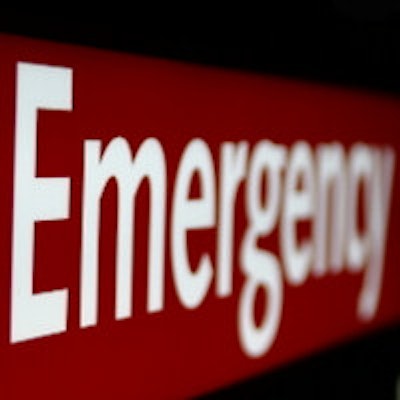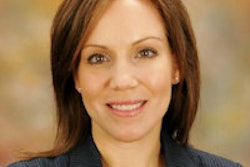
South Carolina health officials and dental providers are hopeful that state lawmakers will reinstate dental Medicaid coverage for low-income adults, saying the move will save emergency room (ER) costs and help people with painful oral infections who have nowhere else to turn.
The state General Assembly is considering a recent proposal by Gov. Nikki Haley to restore adult dental Medicaid for some 270,000 low-income people. The $35 million proposal wouldn't necessarily save money, but healthcare officials said it's good public policy, similar to vaccinations provided by the state.
Medicaid Director Tony Keck, Haley's healthcare adviser, noted that the proposal would, for the first time, also extend coverage to include preventive and restorative services for adults on Medicaid. Those services would also help poor adults in their quest for work.
"We've come to the conclusion that preventive dental care should be viewed along the same lines as vaccinations -- a smart investment in public health that reaches beyond its immediate benefits and affects a range of problems such as employability and productivity," he told DrBicuspid.com in an email.
Looking for treatment
Andrew Schweiger, who owns dental offices where his wife, Angela Schweiger, DMD, practices, said he gets about 15 calls every week from adult Medicaid patients looking for treatment for painful tooth infections. He gets even more calls from parents looking for Medicaid providers to treat their children.
Medicaid covers dental care for low-income children, but many dentists don't take patients covered by the program, citing low reimbursement rates.
“I've seen countless patients who've had swelling for days, if not weeks, with faces puffed out from infections.”
Schweiger said he's seen people in terrible pain, with no alternative but to seek emergency room care.
"Over the years, I've seen countless patients who've had swelling for days, if not weeks, with faces puffed out from infections," he told DrBicuspid.com. "They have no access to care, so when their tooth starts hurting, they take Tylenol or go to the ER, but it's not enough to knock it out. In emergency situations, they give them IV antibiotics, but it's only a short-term fix."
Most poor adults can't afford extractions, which can range from $125 to $450, Schweiger said.
Providing access to regular oral care for poor adults would save money while avoiding dental emergencies, he said.
"If people could get regular checkups and cleanings a lot of those situations would be avoided," he said. "Spending money on ER is kind of a waste."
Spending $35 million to provide dental care for 270,000 adults on Medicaid, Schweiger noted, comes out to about $125 per person to cover them annually.
"It's a drop in the bucket considering the whole budget, and it's a no-brainer to keep these people out of ERs," he said.
Lawmakers are expected to vote on the proposal by the summer.
Dental leaders said that Medicaid should target preventive services on vulnerable adult patients, including those with existing tooth and periodontal disease, diabetes, or special needs.
"Meeting our commitments to our currently eligible beneficiaries with a full benefit package that provides dental coverage, rather than making new promises to new individuals under Medicaid expansion, is central to our overall strategy to improve the health of our citizens most in need at the least cost to our taxpayers," said Medicaid Director Keck.



















